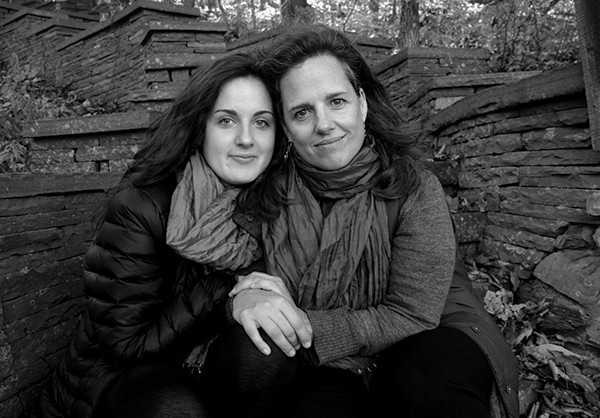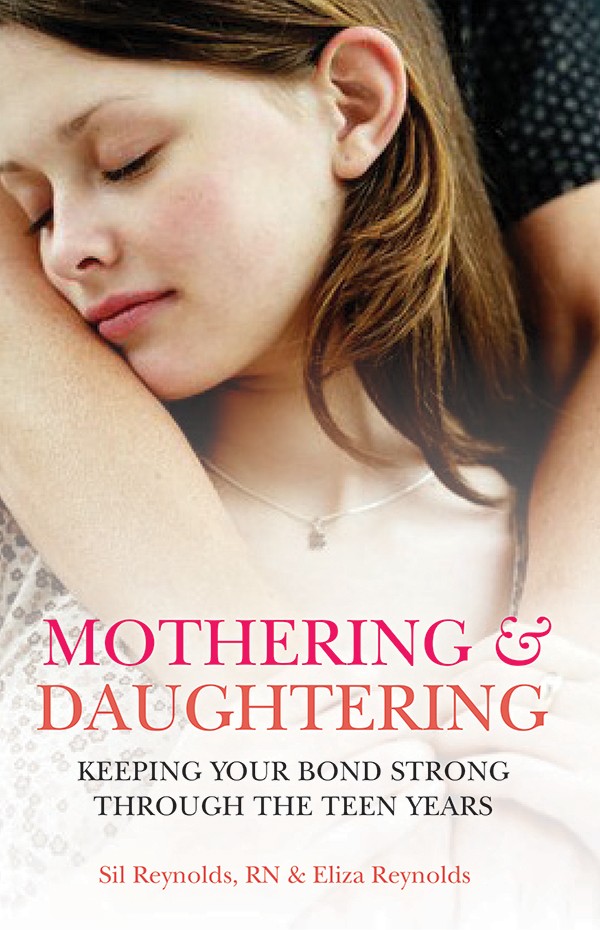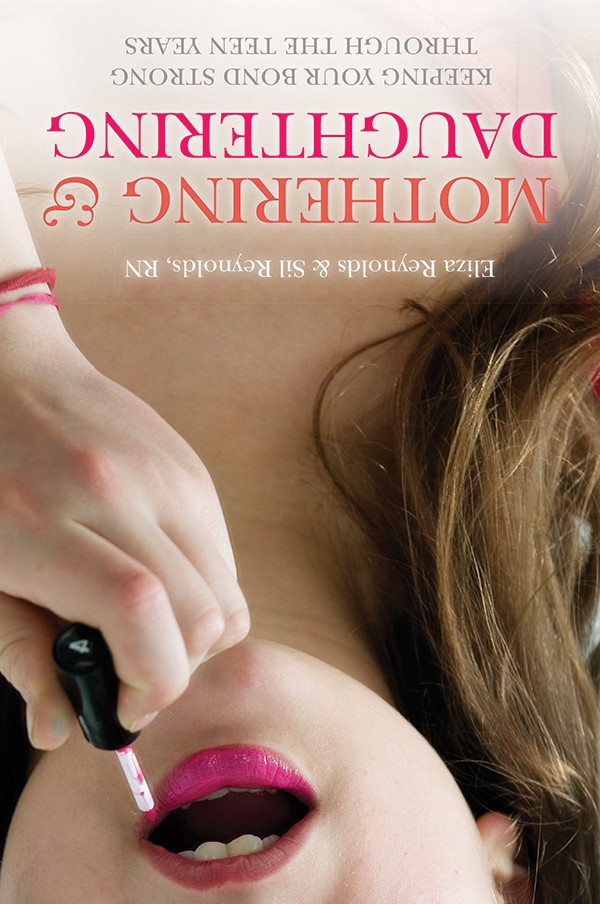At a seder last month, a woman I had just met remarked that my seven-year-old daughter, all gussied up and minding her Ps and Qs, was lovely, and so well behaved. And, of course, I beamed with pride. And then she added, "Just wait until she's a teenager."
Images of my own Freddy Krueger-like teen years rose up through the little boost I felt in the moment, sitting there next to my decently mannered, connected, happy kid. Since my daughter was born, I have lived in fear of the time when she will morph into a version of myself—the anger; the boys; the death-defying acts of experimentation, rebellion, and addiction; the brutal cut-off from my poor mom. Good God. I get it. And yet, Dear Reader, please remind me, when A. and I are in the thick of whatever her teenage years may bring, to keep my cautionary tales to myself and resist the urge to harsh on the mellow of happy moms of young girls. I, for one, am getting tired of the "Just you wait!" refrain.
So when a colleague showed me the book Mothering and Daughtering: Keeping Your Bond Strong through the Teen Years (2013 Sounds True) by Sil and Eliza Reynolds, a mother-daughter team from Stone Ridge, I was, frankly, a bit resistant. However, after opening the book, half written by Sil, the mom, and the other by Eliza, the (now) 22-year-old daughter, I was relieved to see that this was a book about hope, and not sappy hope, but real nuts-and-bolts hope that I trusted. As Eliza says, "The best-kept secret of teenage girls is that they actually really want to be close to their moms." Thinking back to my own sad teen years, this rang true for me, even amidst of all the contemporary noise about how teenage girls are biologically and culturally determined to leave the home front, and eviscerate their mothers on their way out. I mean, really? Has this always been so? Is it necessary? Lucky me, I got to ask Sil and Eliza face to face.
More Than Peers Required
Grounded in the work of Gordon Neufield who wrote Hold on to Your Kids, the seminal text on attachment and the dangers of so-called "peer orientation," Sil and Eliza are convinced that teenagers and their parents belong together, and offer ways to foster that connection. This is a countercultural message, to be sure, when the rest of the world seems to be encouraging parents to just let "nature" take its course, and kiss our kids good-bye after puberty, trusting/hoping/praying they will come back later. Of course, Sil and Eliza recognize that the ever-shifting ground of adolescence is a challenging time for even the closest mothers and daughters, but they don't believe the hype that teenagers must shuffle off into the darkness with other teens. And these ladies know what they are talking about. Between the two of them, they have decades of experience talking to young girls and their moms, so they are deeply familiar with the many varieties of mom/daughter angst, including their own.
For over 30 years, Sil has been working with women and families in the Hudson Valley as a nurse practitioner and psychotherapist. Eliza is currently a junior at Brown University (Sil's alma mater). Her major is women's studies, with a focus on body image in young girls. Theirs is one of those one-thing-led-to-another success stories. Sil's workshop experience began under the tutelage of bestselling writer and speaker Geneen Roth, author of Women, Food, and God, as well as several other books on emotional eating. Once Eliza was born, Sil wanted to teach workshops locally. She began afternoon workshops for mothers and daughters during Family Week at the Omega Institute in Rhinebeck.
One weekend Sil's co-teacher couldn't make it, so Sil asked Eliza, who was then 15, to fill in. Eliza said, "Sure. I don't have any other plans." The participants loved it. And Eliza was hooked. "Is there anything so awesome?" she exclaimed over Earl Grey tea, "than being plugged into this pulse of energy—emotion, sassiness, intensity, change-the-world, self-experimenting, tender fierceness?" Indeed. Teenage girls have a lot going on, which, when held and supported, and understood, can fuel a tremendous fire of positive growth (which, as in the case of Eliza, can lead to books co-written with their moms!). But when left untended, we know all too well who gets burned: everyone.



















